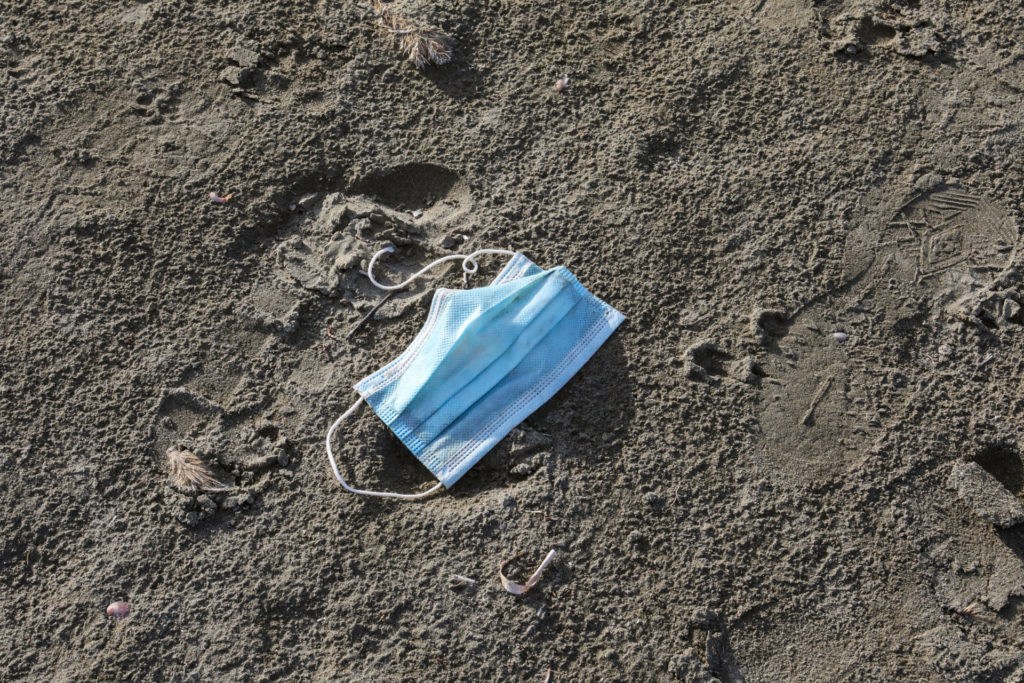From test kits to vaccines and face masks, additional medical waste from the pandemic response has put "tremendous" strain on waste management systems, the World Health Organisation (WHO) warns.
A new WHO report found that tens of thousands of tonnes of extra refuse has been created worldwide posing a threat to human health and the environment. The organisation said this exposed a dire need for the improvement of waste management practices.
"The authors of the report point out that over 140 million test kits, with a potential to generate 2,600 tonnes of non-infectious waste (mainly plastic) and 731,000 litres of chemical waste (the equivalent of one-third of an Olympic-size swimming pool) have been shipped," a WHO statement read.
"Over eight billion vaccine doses have been administered globally, producing 144,000 tonnes of additional waste in the form of syringes, needles, and safety boxes."
87,000 tonnes of PPE waste
Some 87,000 tonnes of personal protective equipment (PPE) was procured between the start of the pandemic in March 2020 and November last year, most of which is expected to have ended up as waste.
“It is absolutely vital to provide health workers with the right PPE," said Dr Michael Ryan, Executive Director for the WHO's Health Emergencies Programme. “But it is also vital to ensure that it can be used safely without impacting on the surrounding environment.”
The report stressed that these initial figures provide just an initial indication of the scale of the problem, as they only reflect PPE shipped to support countries’ urgent Covid-19 response needs through a joint UN emergency initiative.
"It does not take into account any of the COVID-19 commodities procured outside of the initiative, nor waste generated by the public like disposable medical face masks," a statement read.
Need for safe and sustainable waste management
The WHO argued that a great deal of attention was directed towards sourcing PPE supplies but with little regard to the safe and sustainable management of the waste.
In developed nations, 30% of healthcare facilities are not equipped to handle existing waste loads, let alone the additional waste created by the pandemic. In the least developed countries, this figure is as high as 60%.
Aside from posing a risk to health care workers (needle stick injuries and burns), this negatively impacts communities living near poorly managed landfills and waste disposal sites.
"Inadequate and inappropriate management of health-care waste can have serious public health and environmental consequences and can significantly impact on the health of people and planet", Dr Mandeep Dhaliwal, Director HIV Health and Development of the UN's Development Programme said.
The report lays out a series of recommendations for integrating safer and more environmentally sustainable waste practices, including the use of eco-friendly packaging, safe and reusable PPE (e.g. gloves and medical face masks), and recyclable or biodegradable materials, among others.

